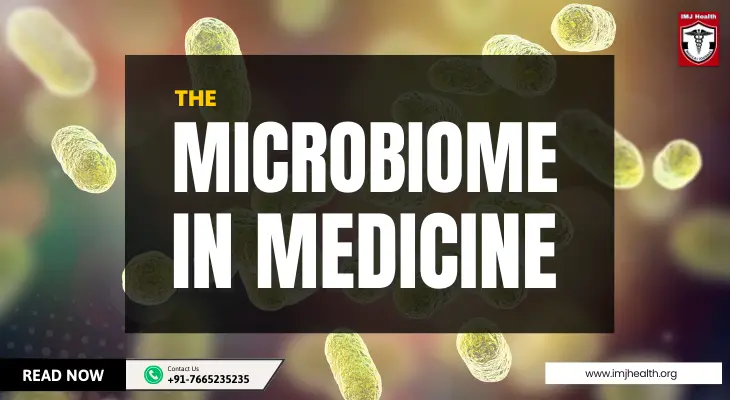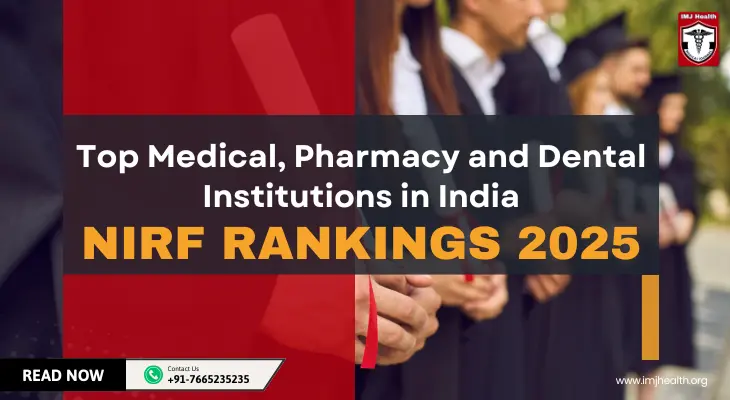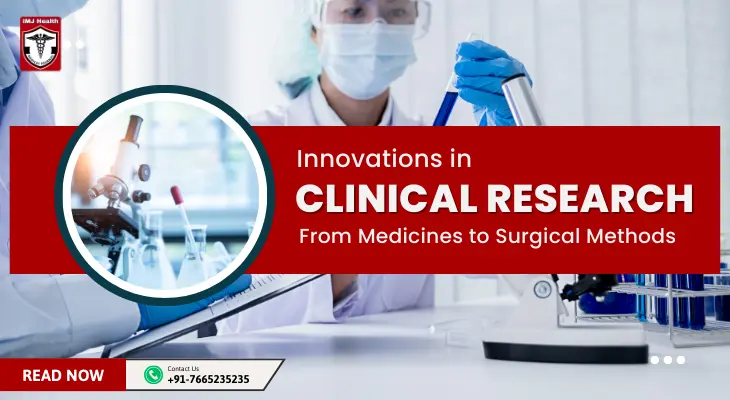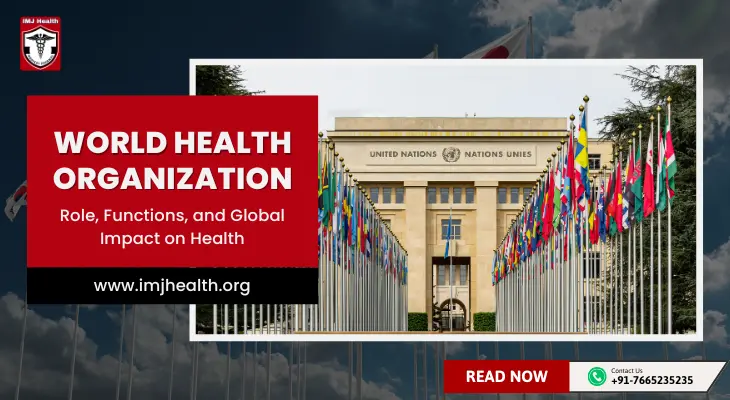
The future of transplant medicine lies in organoids and lab-grown organs, offering hope against donor shortages and organ rejection. Powered by stem cells, 3D bioprinting, and biotechnology, these innovations promise personalized and regenerative treatments. This blog explores breakthroughs, challenges, and the potential of bioengineered organs in revolutionizing global healthcare.
Read More
Sleep is not just restorative but a biological necessity influencing mental health, immunity, and longevity. This article reviews 2025 advances in sleep science, highlighting its neurobiological foundations, role in psychiatric health, effects on cognition, and innovations in treatment. It underscores why sleep must be prioritized alongside nutrition and exercise for optimal well-being.
Read More
The gut microbiome plays a vital role in digestion, immunity, and even mood regulation. This blog answers common questions about probiotics, prebiotics, microbiome testing, diet, and treatments like fecal transplants. Learn how to support a healthy gut naturally and understand the science-backed ways to improve overall well-being.
Read More
The NIRF Rankings 2025 highlight India’s leading Medical, Pharmacy, and Dental institutions based on academic excellence, research, and infrastructure. This blog provides insights into the top-ranked colleges, helping aspiring students and researchers choose the best institutes for higher education and career growth in healthcare and pharmaceutical sciences.
Read More
The abstract is the gateway to your research. In this blog, we discuss why abstracts matter in medical publishing, how to write them effectively, and the pitfalls to avoid. From boosting visibility in academic databases to attracting more readers and citations, a well-crafted abstract can significantly increase your research impact.
Read More
Publishing medical research quickly is essential for timely knowledge sharing and career growth. In 2025, several medical journals stand out for their fast-track publication process, reliable peer review, and global visibility. This blog explores the best quick publication medical journals helping researchers publish faster while maintaining high standards of medical science.
Read More
Clinical research is revolutionizing healthcare through cutting-edge innovations in medicines, therapies, and surgical techniques. From life-saving drugs to minimally invasive surgeries, these advancements aim to improve patient outcomes and quality of life. Discover how research is shaping the future of medicine and setting new standards in global healthcare.
Read More
The World Health Organization (WHO) is a UN agency working to promote global health, prevent diseases, and respond to emergencies. With 194 member states, it sets medical standards, supports research, and improves healthcare access worldwide. This blog explores WHO’s role, functions, achievements, challenges, and its lasting impact on public health.
Read More
Public health in 2025 faces growing challenges—from emerging infectious diseases and mental health crises to climate-related health risks and rising noncommunicable diseases. This blog explores the top 10 global health issues shaping policy, healthcare systems, and research focus this year. Stay informed about the urgent actions needed for a healthier future.
Read More
H5 Bird Flu, especially the H5N1 strain, is a highly contagious viral disease affecting birds and occasionally humans. This blog explores how it spreads, its symptoms, and the risk it poses to public health. We also discuss global prevention efforts, vaccine development, and the importance of surveillance in controlling future outbreaks.
Read More